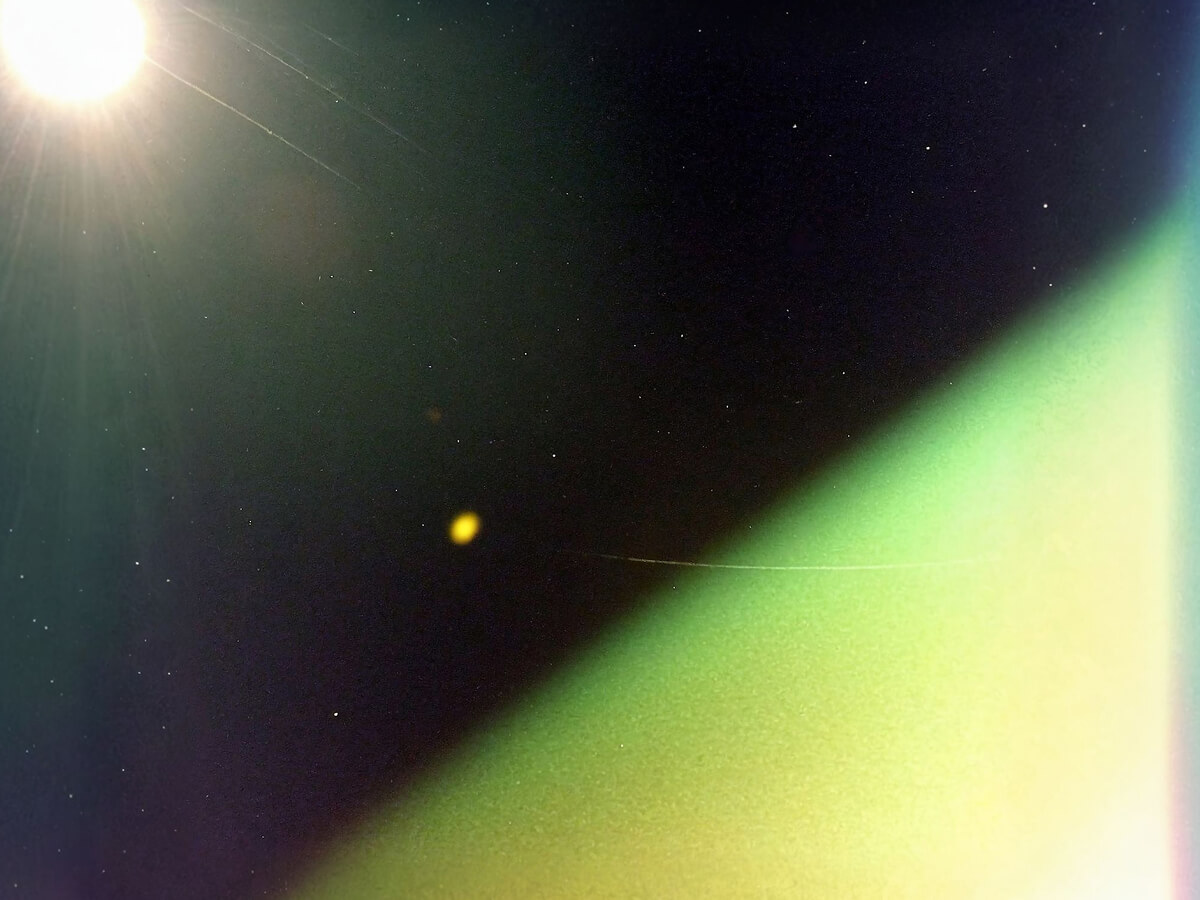How astrology & personality types overlap – myth or science?
When two cultural titans cross paths; astrology and personality typing, conversations often ignite curiosity, skepticism, and spirited debate. Here's what you need to know.


When two cultural titans cross paths astrology and personality typing - the conversation often ignites curiosity, skepticism, and spirited debate. Both claim to decode human behavior, yet their methods and philosophies couldn’t be more distinct. And yet, they’re frequently compared as equals. It’s like putting astronomy next to psychology - similar at a glance but fundamentally different.
The origins: stars vs. science.
Astrology, with roots tracing back over 2,500 years to ancient Mesopotamia, interprets human lives based on the alignment of celestial bodies at the time of birth. From Greek philosophers to modern horoscopes, astrology has always played a role in how cultures made sense of personality and fate. Even today, around 30% of Americans say they believe in astrology, according to a 2018 Pew Research Center study.
In contrast, personality typology, particularly the 16 personalities system, stems from the psychological theories of Carl Jung. In the 1920s, Jung proposed the concept of psychological types, which later inspired Isabel Briggs Myers and Katharine Cook Briggs to create the Myers-Briggs Type Indicator (MBTI). Unlike astrology, which is spiritually rooted, typology is anchored in the cognitive sciences and behavioral patterns.
While astrology’s origins lean toward the mystical, personality typology was born out of an attempt to explain the inner workings of the human mind.
Why people confuse them.
It’s easy to see why astrology and typology get lumped together. Both assign you a "type" based on birth data (astrology) or preferences (MBTI), followed by a descriptive profile of your tendencies, strengths, and potential blind spots. But here’s where the paths diverge:
- Astrology attributes personality to the stars’ influence.
- Personality typology focuses on how your brain naturally processes information and makes decisions.
Yet, both systems serve a psychological need: people crave frameworks that help them better understand themselves and others. A 2022 Psychology Today article explains that humans have a "pattern-seeking brain" and both astrology and typology satisfy that drive for cognitive closure (source).
The similarities (but with key differences).
On the surface, both systems:
- Categorize people into archetypes (e.g., Cancer vs. ENFJ).
- Provide narratives that help people make sense of their actions and emotions.
- Offer advice on relationships, careers, and personal challenges.
But, as pointed out by USC Dornsife’s Ali Blog, astrology provides "a story rooted in celestial symbolism," while personality typology draws from measurable cognitive patterns (source). Moreover, MBTI and Jungian systems are based on self-report questionnaires designed to capture behavioral tendencies - introversion vs. extraversion, thinking vs. feeling, sensing vs. intuition, etc. Meanwhile, astrology relies on birth charts and planetary alignments with no empirical assessment of behavior.
Where science agrees - and where it stays silent.
The 16 personalities framework, rooted in Carl Jung's theories, offers a structured approach to understanding human behavior. While Jung’s early work was conceptual, modern applications of typology - like cognitive function theory - have evolved into tools that help explain how people absorb information, make decisions, and interact with the world.
Studies have explored how these cognitive functions map to individual differences in perception and behavior. The ongoing use of these frameworks in coaching, self-development, and relationship support speaks to their perceived validity and utility. Astrology, by contrast, has been examined under scientific conditions and consistently shows a lack of empirical support.
A major review published in Psychology Today analyzed personality data from over 20,000 individuals and found no meaningful correlation between astrological signs and personality traits - even among people who believed in astrology (Psychology Today, 2022).
Similarly, a large-scale Swiss study involving 3,074 men found no statistical link between zodiac signs and personality traits using the standardized Freiburg Personality Inventory (PubMed study). The key difference? While astrology remains a symbolic and cultural framework, typology is built on psychological theory and cognitive patterns that are observable and repeatable in real life.
In short: astrology may offer rich metaphor and personal resonance, but when it comes to scientific scrutiny, personality typology has the edge.
Why both still resonate.
Despite the scientific disparity, astrology and personality typology remain popular for similar reasons:
- They help people feel "seen." Whether you’re a Virgo or an INFJ, the profile often resonates.
- They create social glue. Conversations about your zodiac sign or MBTI type are icebreakers and ways to bond.
- They offer a sense of identity. Labels like "Sagittarius" or "INTP" give people shorthand to describe themselves.
Can you use both?
Absolutely. Many people blend astrology and typology as complementary tools. Astrology taps into mythology and emotion, while typology offers a more logic-based exploration of how you navigate the world. In fact, in modern wellness culture, it’s not uncommon to hear someone describe themselves as an "Aquarius ENFP" as part of their identity toolkit.
Ultimately, whether you prefer looking to the stars or studying your cognitive wiring, both tools invite the same powerful question: "Who am I, really?"
Mind this: Labels can guide you - but the real work is in how you choose to live beyond them.

